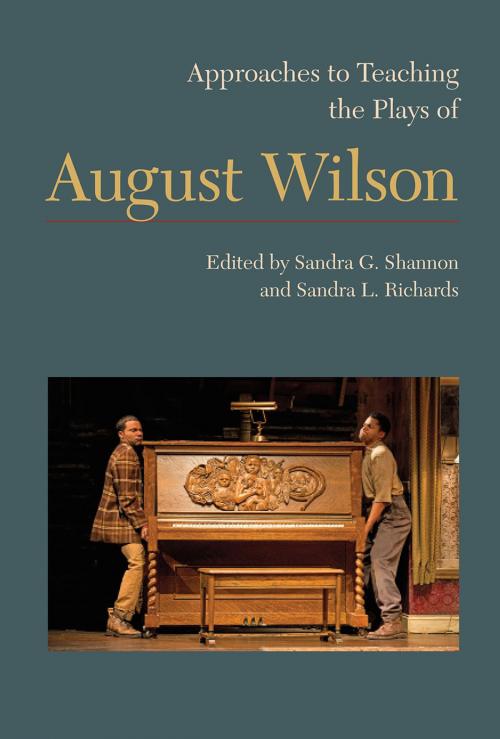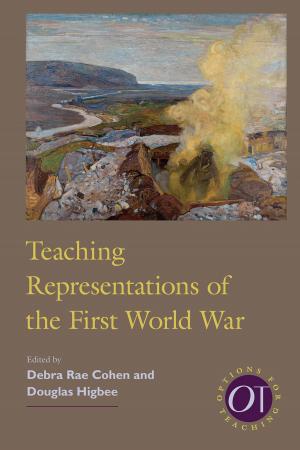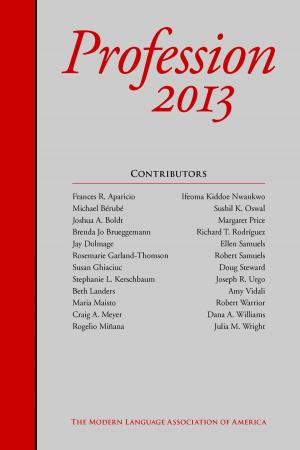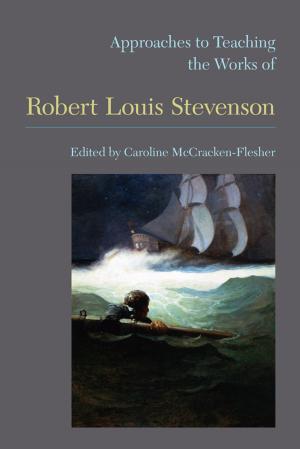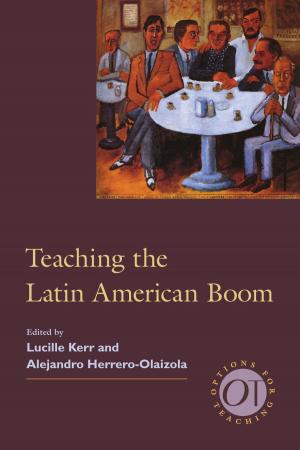Approaches to Teaching the Plays of August Wilson
Fiction & Literature, Literary Theory & Criticism, Black, Drama History & Criticism, Nonfiction, Reference & Language, Language Arts, Study & Teaching| Author: | ISBN: | 9781603292603 | |
| Publisher: | The Modern Language Association of America | Publication: | June 1, 2016 |
| Imprint: | The Modern Language Association of America | Language: | English |
| Author: | |
| ISBN: | 9781603292603 |
| Publisher: | The Modern Language Association of America |
| Publication: | June 1, 2016 |
| Imprint: | The Modern Language Association of America |
| Language: | English |
The award-winning playwright August Wilson used drama as a medium to write a history of twentieth-century America through the perspectives of its black citizenry. In the plays of his Pittsburgh Cycle, including the Pulitzer Prize-winning Fences and The Piano Lesson, Wilson mixes African spirituality with the realism of the American theater and puts African American storytelling and performance practices in dialogue with canonical writers like Aristotle and Shakespeare. As they portray black Americans living through migration, industrialization, and war, Wilson's plays explore the relation between a unified black consciousness and America's collective identity.
In part 1 of this volume, "Materials," the editors survey sources on Wilson's biography, teachable texts of Wilson's plays, useful secondary readings, and compelling audiovisual and Web resources. The essays in part 2, "Approaches," look at a diverse set of issues in Wilson's work, including the importance of blues and jazz, intertextual connections to other playwrights, race in performance, Yoruban spirituality, and the role of women in the plays.
The award-winning playwright August Wilson used drama as a medium to write a history of twentieth-century America through the perspectives of its black citizenry. In the plays of his Pittsburgh Cycle, including the Pulitzer Prize-winning Fences and The Piano Lesson, Wilson mixes African spirituality with the realism of the American theater and puts African American storytelling and performance practices in dialogue with canonical writers like Aristotle and Shakespeare. As they portray black Americans living through migration, industrialization, and war, Wilson's plays explore the relation between a unified black consciousness and America's collective identity.
In part 1 of this volume, "Materials," the editors survey sources on Wilson's biography, teachable texts of Wilson's plays, useful secondary readings, and compelling audiovisual and Web resources. The essays in part 2, "Approaches," look at a diverse set of issues in Wilson's work, including the importance of blues and jazz, intertextual connections to other playwrights, race in performance, Yoruban spirituality, and the role of women in the plays.
